Fear of Omicron BF.7 in Nepal: Government to bring more vaccines
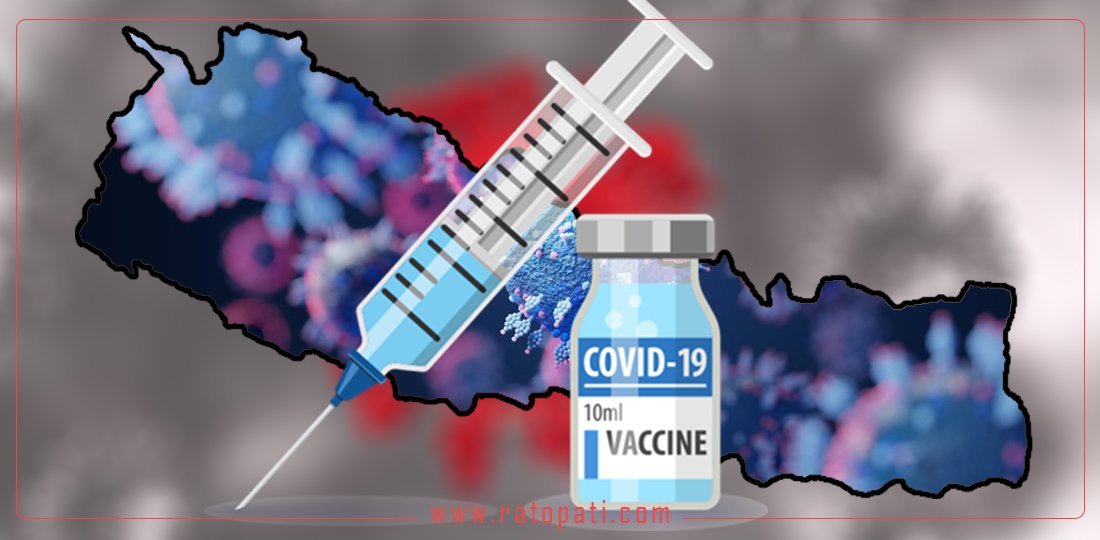
KATHMANDU, Dec. 29: The Ministry of Health and Population has urged people to be aware that the risk of infection with the coronavirus (Covid-19) may appear differently. Omicron's sub-variant BF.7 has spread rapidly in the neighboring country China and India.
Infectious Disease Specialist, Dr. Sher Bahadur Pun explains that even though the new variant of covid-19 has not yet been confirmed in Nepal, there is a risk. He added that although Omicron's sub-variant BF.7 has spread in China, it has not spread rapidly in European countries, so there is no immediate situation to say what will happen.
Therefore, he says that infectiousness and lethality are the subjects of study now. He said that the situation in Nepal will be affected on the basis of how the transition of BF.7 takes place in India.
However, he clarified that there is a possibility that the Omicron variant will remain infectious. The situation in China poses a question of whether the elder citizens of China took Covid-vaccines or not. Or was it not effective?
Similarly, Dr. Prabhat Adhikari, an infectious disease specialist, says that the risks of the sub-variant BF.7 which is currently spreading rapidly in China, can only be known after the study.
The nation suffered a great loss with the delta variant which was deadly as well as infectious. When the Omicron variant was infectious, it was found that those who had not been vaccinated against Corona were affected. As the effectiveness of the vaccine against Corona gradually decreases, the sub-variant BF. 7 He is concerned that the infection may spread.
He says, "While the infection is spreading rapidly in China, the infection of sub-variant BF.7 is not spreading rapidly in European countries."
On the other hand, Dr. Pun, an infectious disease specialist, says that this sub-variant BF.7 can become fatal in people who have not taken Covid vaccines.
According to infectious disease specialist Prabhat Adhikari, Omicron's BA.5 has infected up to eight people, while sub-variant BF.7 has infected up to 19 people. Therefore, the relevant agencies need to be aware.
"It is not immediately possible to estimate the infection and lethality," believes Dr. Adhikari. Dr. Pun narrates how the sub-variant BF.7 behaves in India, it will also behave the same in Nepal after one and a half to two months.
Although 95.7 percent of the target group were fully vaccinated, most of them have been vaccinated for more than 6 months. In Nepal, there are very few people who have taken booster doses. As a result, there is a risk of sub-variant infection.
A booster dose is mandatory
After 6 months of vaccination against Corona, its ability to work gradually decreases. Out of the total population of Nepal, 22.23 million 24 thousand 933 people have received the full dose of vaccination. A large number of them have been vaccinated for more than 6 months to one year. Out of which ones who have taken booster dose are less. So far 79 lakhs 76 thousand 770 people have taken booster doses and some of them have taken a booster dose before a year. Earlier, when the Omicron variant was contagious, non-vaccinated people were affected, so it is suggested by infectious disease experts to make booster doses compulsory.
Dr. Adhikari suggests Senior citizens, chronic patients, and frontline workers who are at high risk of infection, be given a booster dose. He suggested that everyone should take a booster dose as the antibody decreases after 6 months of vaccination.
In a study conducted by the Health Research Council in 2078, 82 percent of antibodies were found, in those who received both doses and 55 percent, in those who received one dose. Studies have shown that after 6 months of vaccination, the antibodies gradually decrease.
Similarly, the co-spokesperson of the Ministry of Health and Population Dr. Sameer Kumar Adhikari has asked to take precautions as there is a risk of coronavirus infection. Since the risk of infection can appear in different ways, to protect ourselves and others; we must wear a mask properly, wash our hands with soap and water or use sanitizer occasionally, maintain a physical distance of at least 2 meters, use a handkerchief or elbow when coughing or sneezing, stay in a well-ventilated area and get vaccinated against covid-19, he requests. He said that if the infection is increasing in India, its effect will be felt automatically in Nepal.
The government has instructed the health institutions to be in a state of readiness. The government has also instructed the health desks to remain in a state of readiness at land and airline checkpoints.
Government bringing vaccines
The government is in the process of introducing a new vaccine that uses the new variant of Omicron from Gavi. The Head of the Supply Management Branch under the Health Service Department Management Division, Dr. Surendra Chaurasia, informed that 1.5 lakh quantity of new Pfizer vaccine is going to be brought through Gavi. He says that the vaccine will come as soon as permission for emergency use is granted.
According to the Supply Management Branch, there are 49 lakhs 14 thousand 917 quantities of Vero cell and Pfizer in 10 storage centers in all seven provinces.


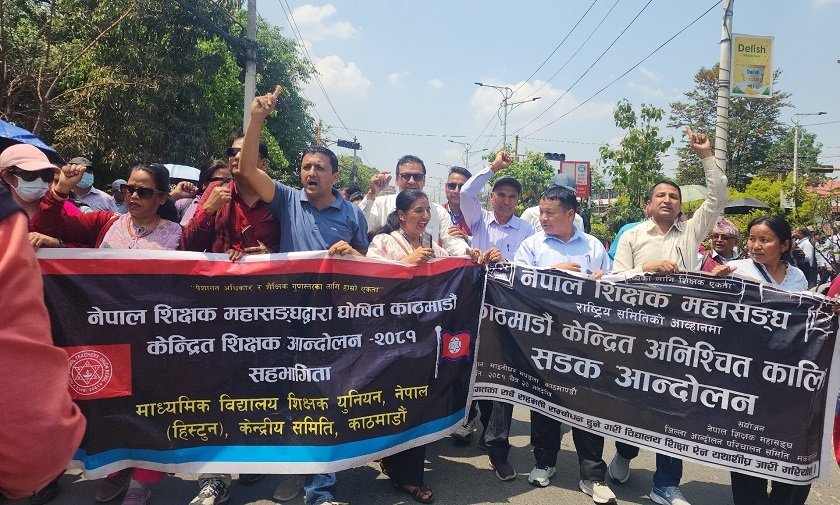
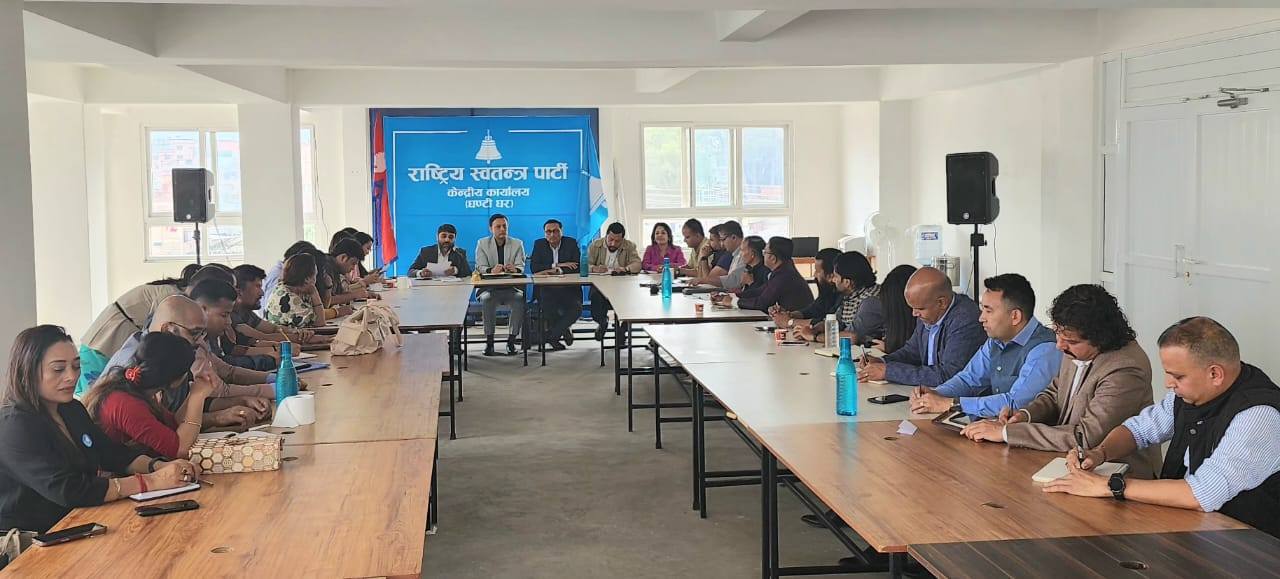
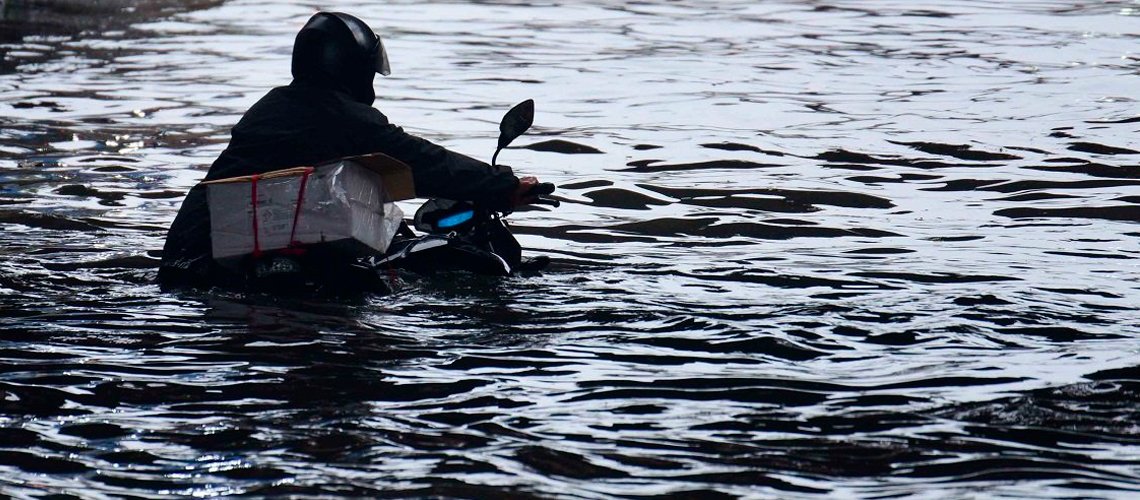
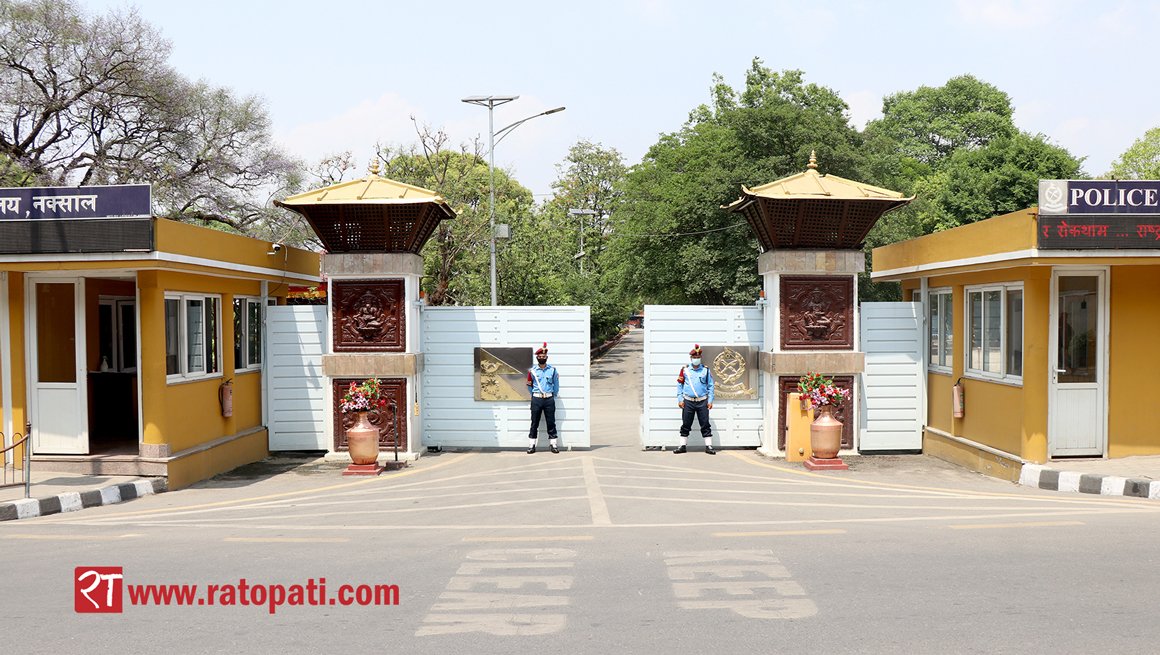

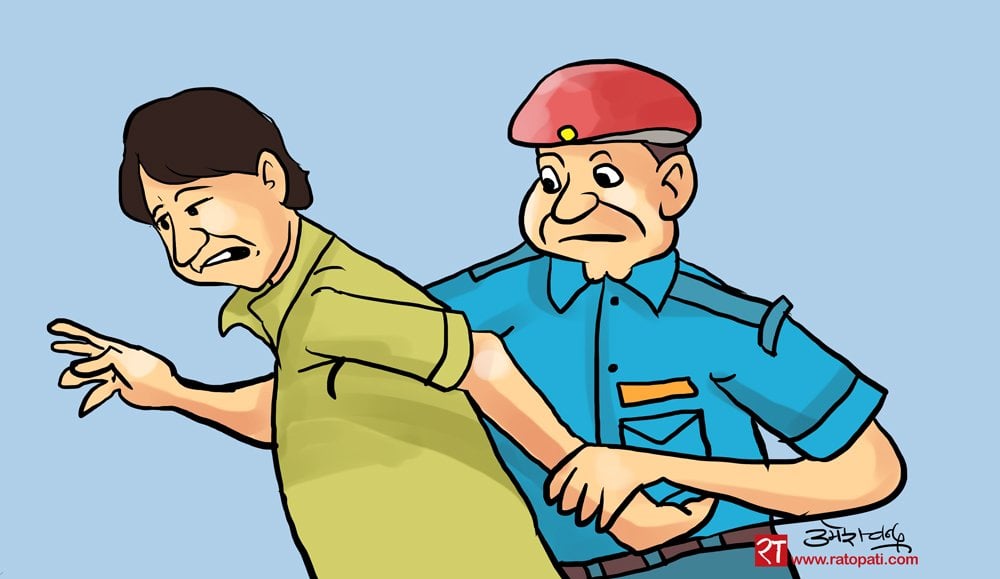
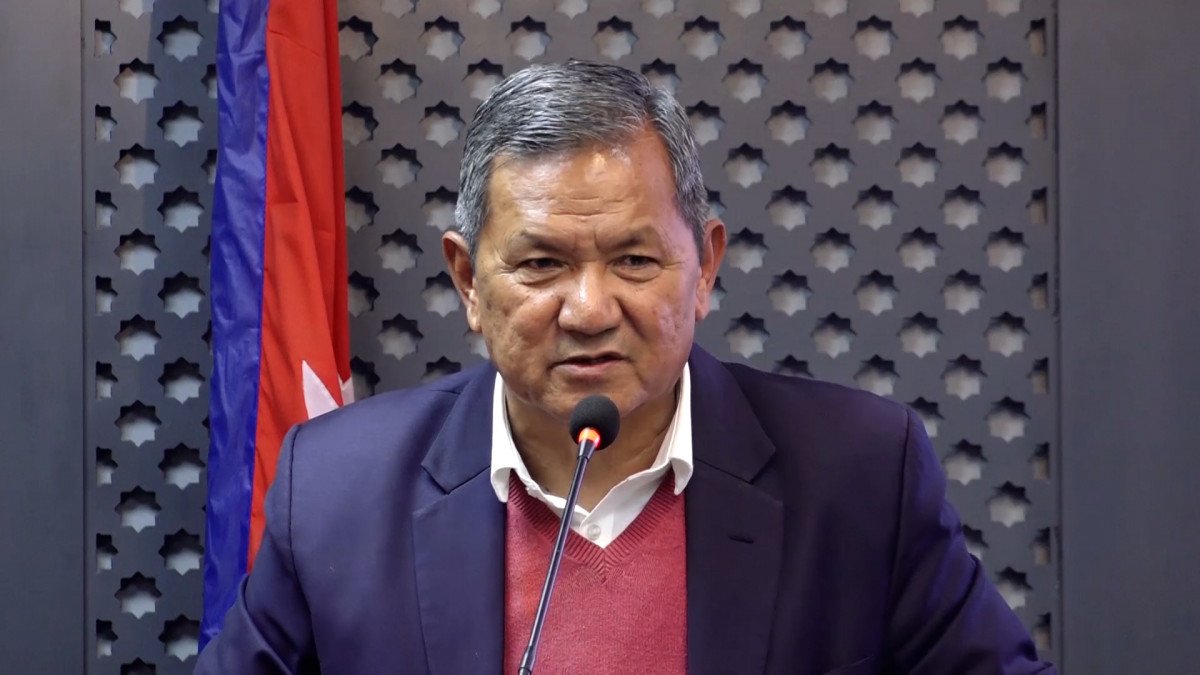
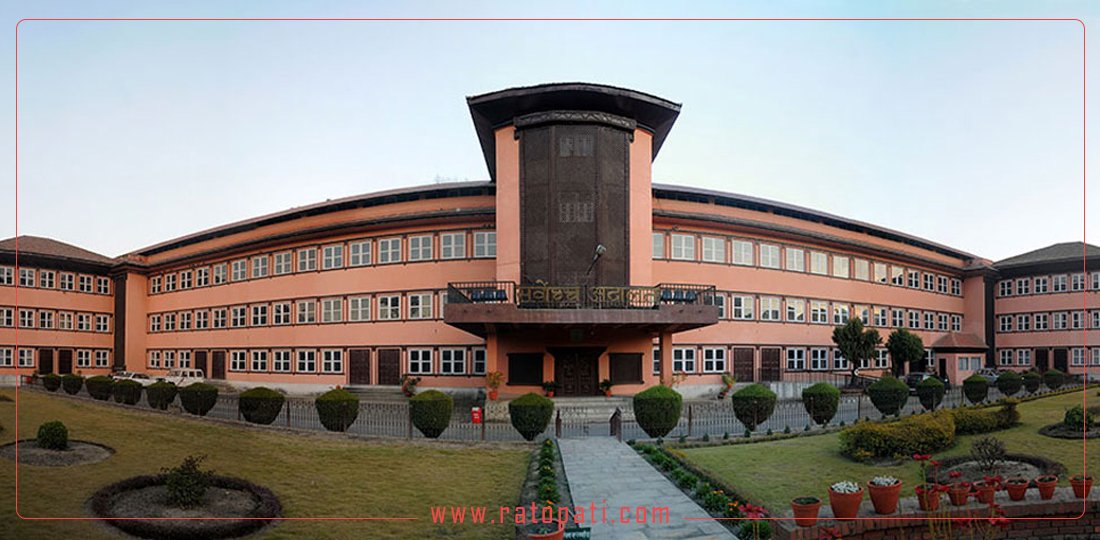
Leave Comment